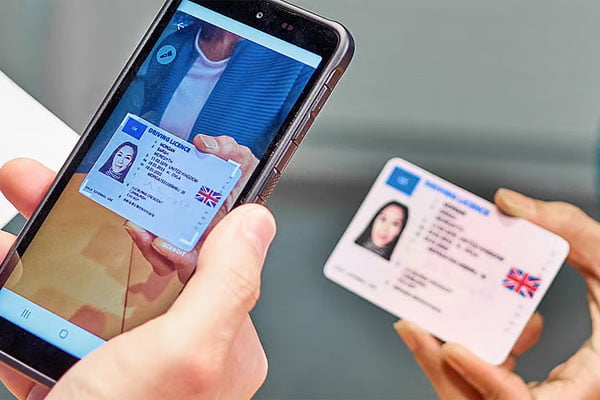In an era marked by rising concerns over security and identity theft, the importance of effective verification systems cannot be overstated. Organizations are now keenly aware of the necessity to deploy technology that not only ensures security but also enhances operational efficiency. Among the array of technological solutions available, the id scanner stands out as a central tool for authenticating identities quickly and reliably.

ID scanners have evolved significantly from simple devices used at bars to sophisticated machines capable of verifying a plethora of identification documents. They employ advanced technologies such as RFID reading, holographic verification, and biometric identification, making them vital for organizations that prioritize security. The primary function of an id scanner is to read the information embedded within identification cards while simultaneously checking for any signs of tampering or forgery. This multi-faceted approach allows businesses and institutions to maintain high-security standards while providing seamless access to legitimate individuals.
One of the notable features of modern ID scanners is their integration with software systems that facilitate real-time data analysis. Organizations can connect these scanners to a central database to cross-check IDs against databases containing information on stolen or invalid IDs. This capability is particularly important for law enforcement agencies, as it mitigates the risk of counterfeit identification and helps in upholding the law efficiently.
In addition to their use in security-sensitive environments, ID scanners find applications in various industries, including finance, healthcare, and hospitality. In the finance industry, for instance, banks and credit unions utilize ID scanners to comply with Know Your Customer (KYC) regulations, ensuring they can effectively verify the identities of their clients. In healthcare, patient identity verification is crucial for maintaining accurate medical records and ensuring proper patient treatment. Similarly, hotels employ ID scanners at check-in to streamline the process, allowing for quick and efficient verification, thereby enhancing the guest experience.
The implementation of id scanners is also leading to the development of more secure identification methods, including mobile ID scanning. Smartphones equipped with digital ID capabilities are gradually becoming a standard in the industry. This technology offers the same level of security and verification as traditional cards but with the added convenience of portability and user control.
As we navigate a world increasingly prone to identity theft and associated crimes, the significance of ID scanners cannot be overlooked. They represent a pivotal advancement in our efforts to secure identities, ensuring that businesses can operate efficiently without compromising on safety. As their capabilities grow, so too will their impact on various sectors, paving the way for more innovative solutions in identity verification.


